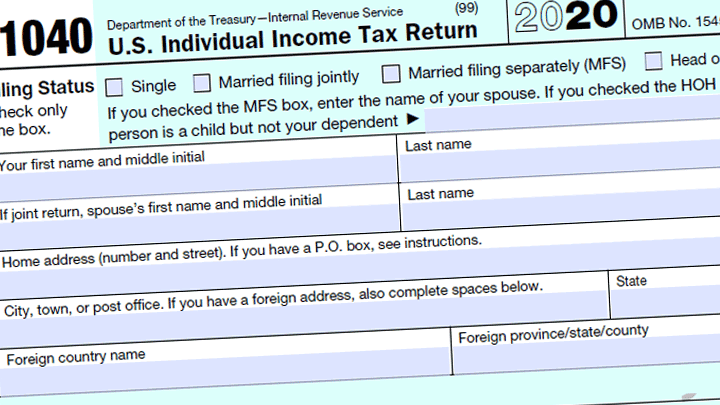The IRS kicked off the 2020 holiday season bearing gifts for taxpayers facing federal income tax deductions barred by the SALT Cap. In new Notice 2020-75 (the "Notice"), the IRS states that Proposed Treasury Regulations are forthcoming that will uphold one popular SALT Cap workaround. The now-vindicated workaround applies to taxpayers in states that have enacted tax laws that impose a mandatory or elective entity level income tax on pass-through entities including partnerships and S-corporations. Rhode Island and Connecticut have each enacted such a tax.
As the workaround requires that the entity tax be paid in the applicable tax year, taxpayers who did not take advantage of this workaround in 2019 may have lost the opportunity to amend returns to benefit from the deductions for 2019. However, pass-through owners in Rhode Island and other states with an elective pass-through entity tax still have time to elect application of the tax to their 2020 tax returns.
The "SALT Cap" was enacted in 2017 by the Tax Cuts and Jobs Act, and limits individual federal income tax deductions for state and local taxes paid by individual taxpayers. The SALT Cap has received significant attention in "high tax" states where taxpayers are more likely to see their deductions barred by this limitation. Taxpayers and states responded quickly and creatively, to find a viable workaround to the SALT Cap.
The tax attorneys at McLaughlinQuinn LLC have remained at the forefront of strategic planning for the SALT Cap. The IRS’ position summarized in the Notice are not a surprise to SALT Cap planners for two reasons. First, the pass-through entity taxes at issue have existed for many years in different states. State income taxes on pass-through entities were not 'invented' as a targeted SALT Cap workaround. Some practitioners and lawmakers merely discovered that state income taxes on pass-through entities could also be used to bypass the SALT Cap. Second, the laws of each state differ. Treasury would have struggled to craft Regulations that applied to each state’s unique tax statutes.
The workaround functions by shifting state individual income tax payments due from individual partners in partnerships, including limited liability companies taxed as partnerships, and shareholders in S-corporations, to entity-level tax payments. This shift can be either mandatory under state law or elective under state law. In Rhode Island the shift is elective. By shifting an individual’s state income tax payment to the entity, the entity is permitted a deduction on its own federal income tax return. The individual’s share of federal taxable income from the entity is thereby reduced and the SALT Cap has been bypassed.
The path around the SALT Cap is now clear for some taxpayers, but questions remain. There are traps for the unwary that must also be considered. For example, not all states permit a tax credit to pass-through owners paying income taxes to other states at the entity level. Careful planning is still needed.
The tax attorneys at McLaughlinQuinn LLC have followed developments and remained at the forefront of SALT Cap planning since the Tax Cuts and Jobs Act was enacted. We will continue to follow IRS news regarding the Notice and provide additional information when the Proposed Regulations are published. For more information on this newsletter, contact Cory J. Bilodeau, Esq., LL.M., Tax Planning Partner, at (401) 655-2203 or via email at

